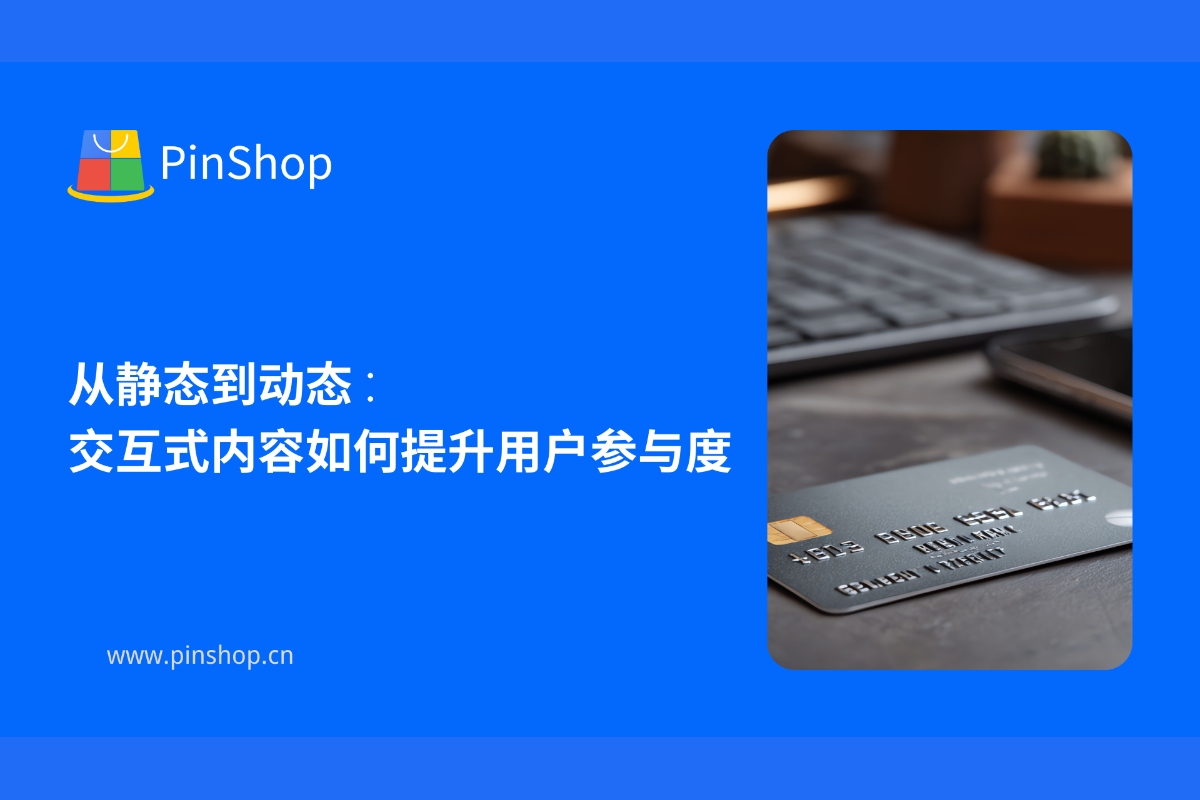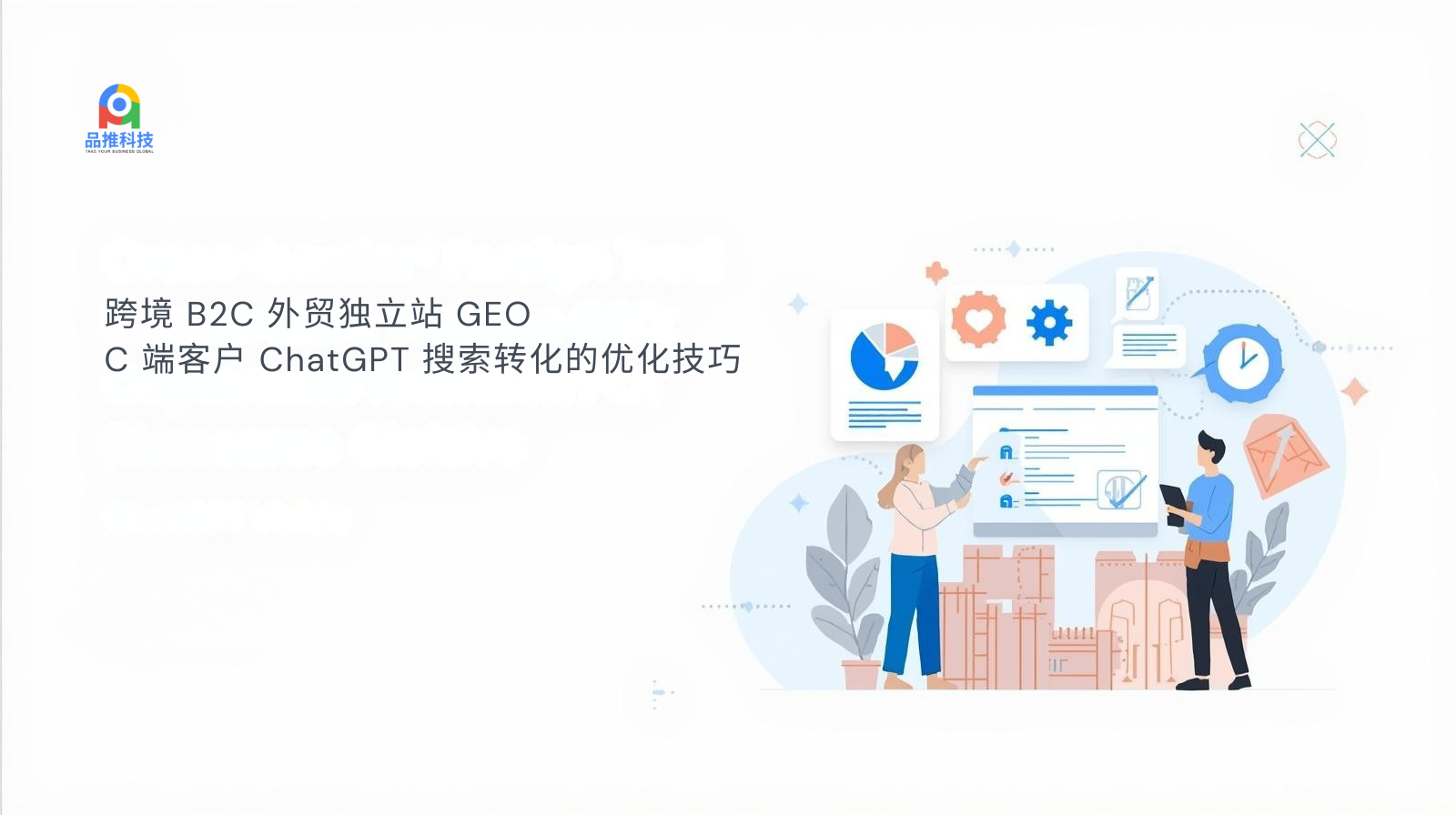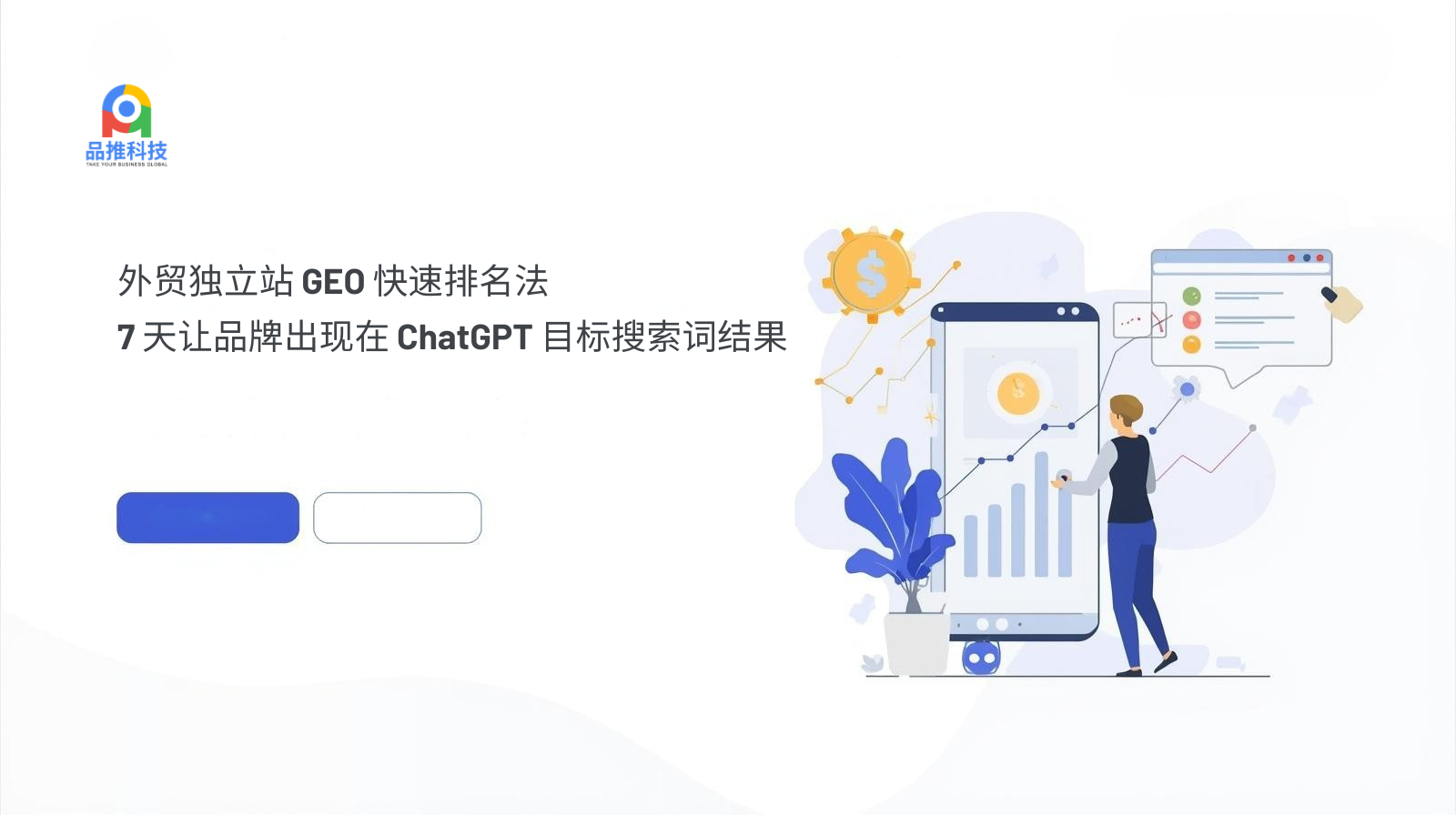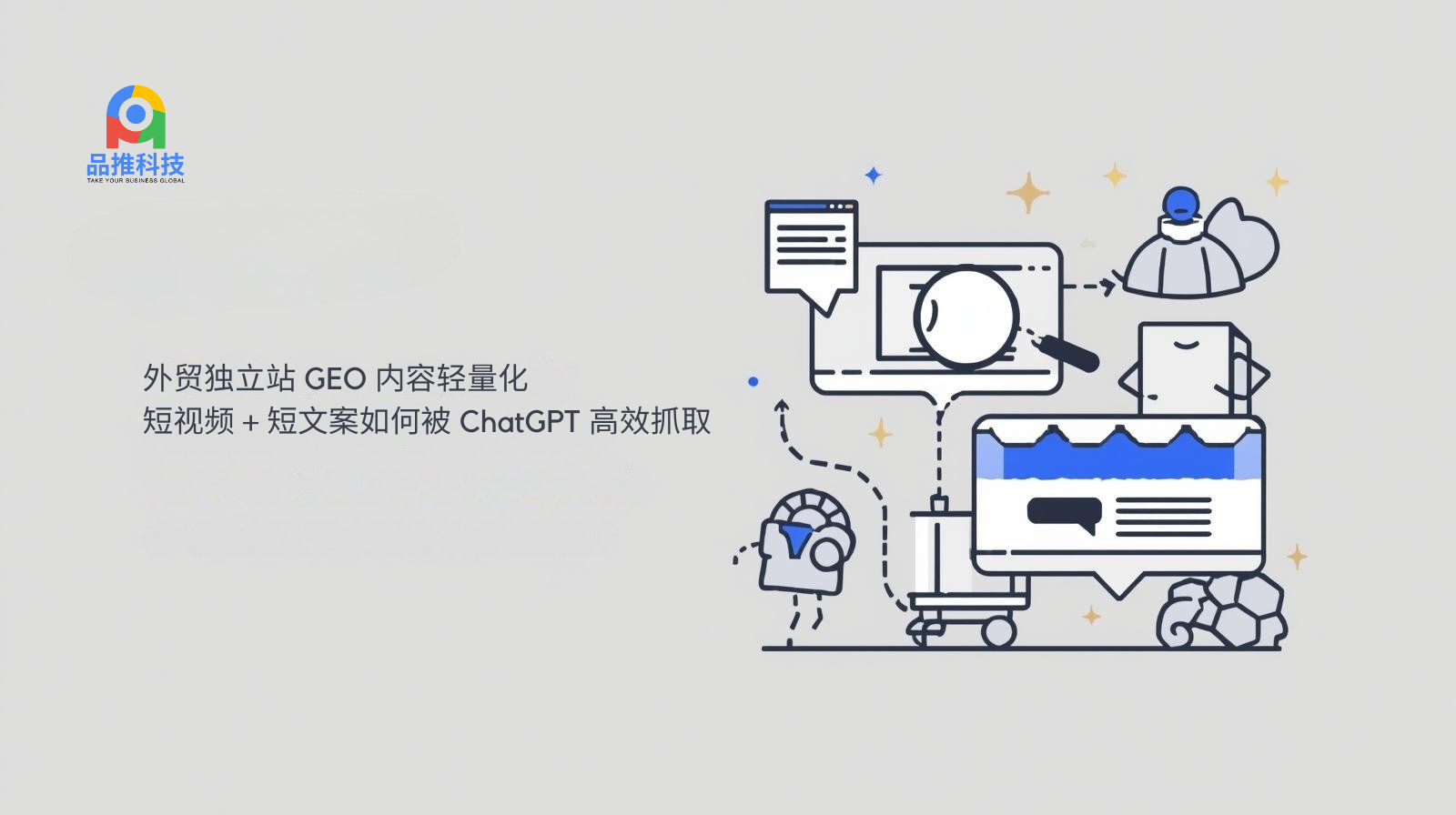An independent website is not only a platform for display but also a crucial component of a company's digital strategy. Companies must clearly define the core purpose of their independent website, whether it is for brand display, direct sales, or acquiring potential customers and accumulating data.
According to research by the China E-Commerce Research Center ( ec.com.cn ), companies with a clear strategic positioning see an average increase of over 30% in marketing conversion rates after launching their independent website. Companies should also analyze their target market and audience needs, determine the functional modules, product categories, and content direction of their independent website, and ensure alignment with their overall business strategy from the planning stage.
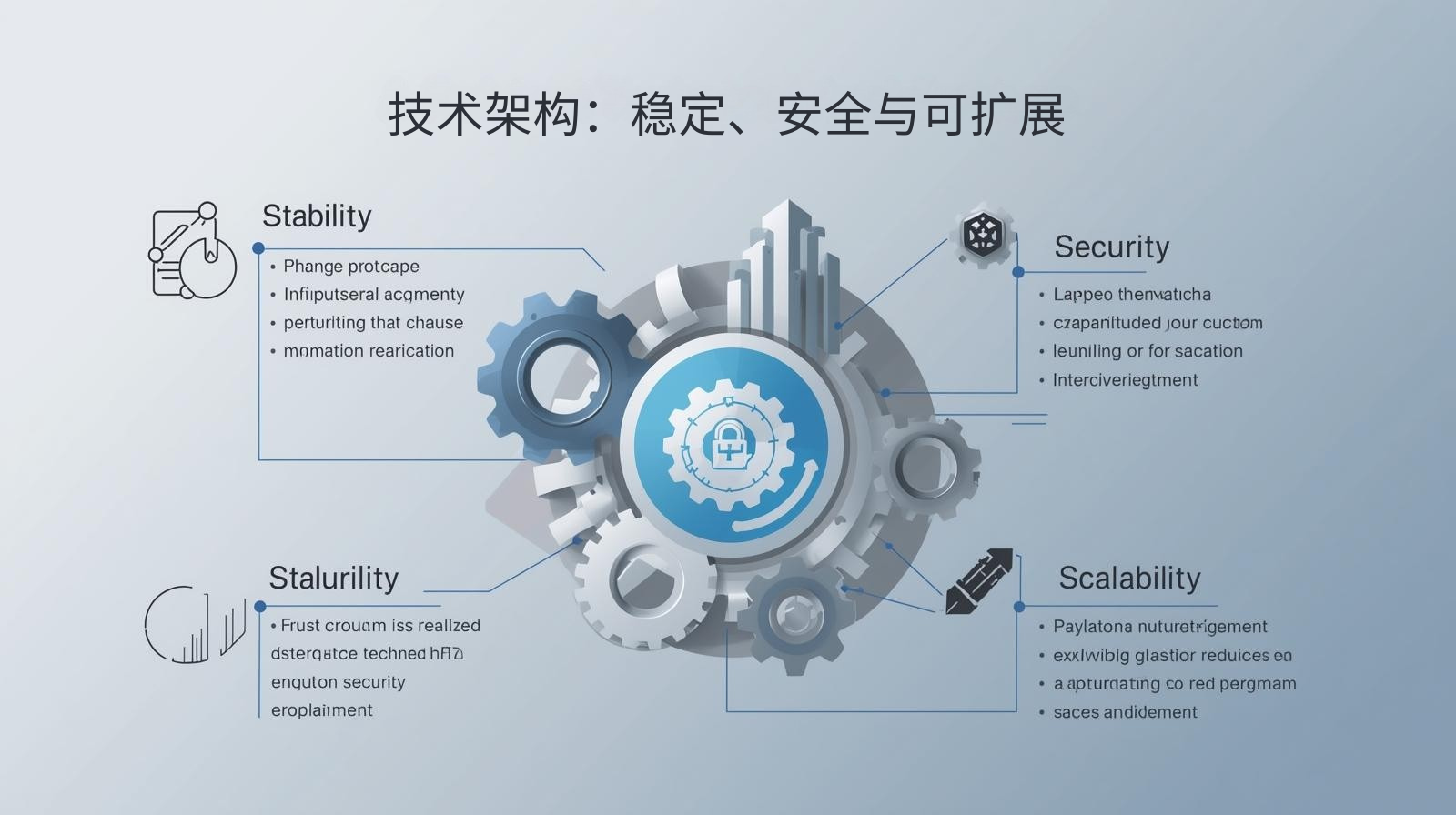 Technical architecture: stable, secure and scalable
Technical architecture: stable, secure and scalable
The technical foundation of an independent website determines the access speed, security, and scalability of the website. When building an independent website, companies should consider the following aspects:
Website architecture : supports multiple languages, multiple currencies and cross-border payments.
Security : SSL certificates, data encryption, and firewall settings ensure customer data security.
Scalability : You can add product modules or integrate third-party marketing tools as your business grows.
Alibaba Research Institute ( aliresearch.com ) points out that independent sites with reasonable technical architecture are more likely to be favored by search engines and bring in stable natural traffic, thereby reducing customer acquisition costs.
Customer experience: a smooth process from visit to conversion
The core value of an independent website lies in providing customers with a smooth access and purchasing experience. From page loading speed, navigation structure, search functionality, to mobile adaptation, every aspect affects user retention time and conversion rate.
Data from the Internet Society of China ( isc.org.cn ) shows that independent websites with excellent user experience have an average bounce rate 25% lower than average websites, and their conversion rates are significantly higher. Businesses should focus on visual design, information architecture, and interactive user experience to ensure that customers can find the information they need and complete their purchase or inquiry as quickly as possible.
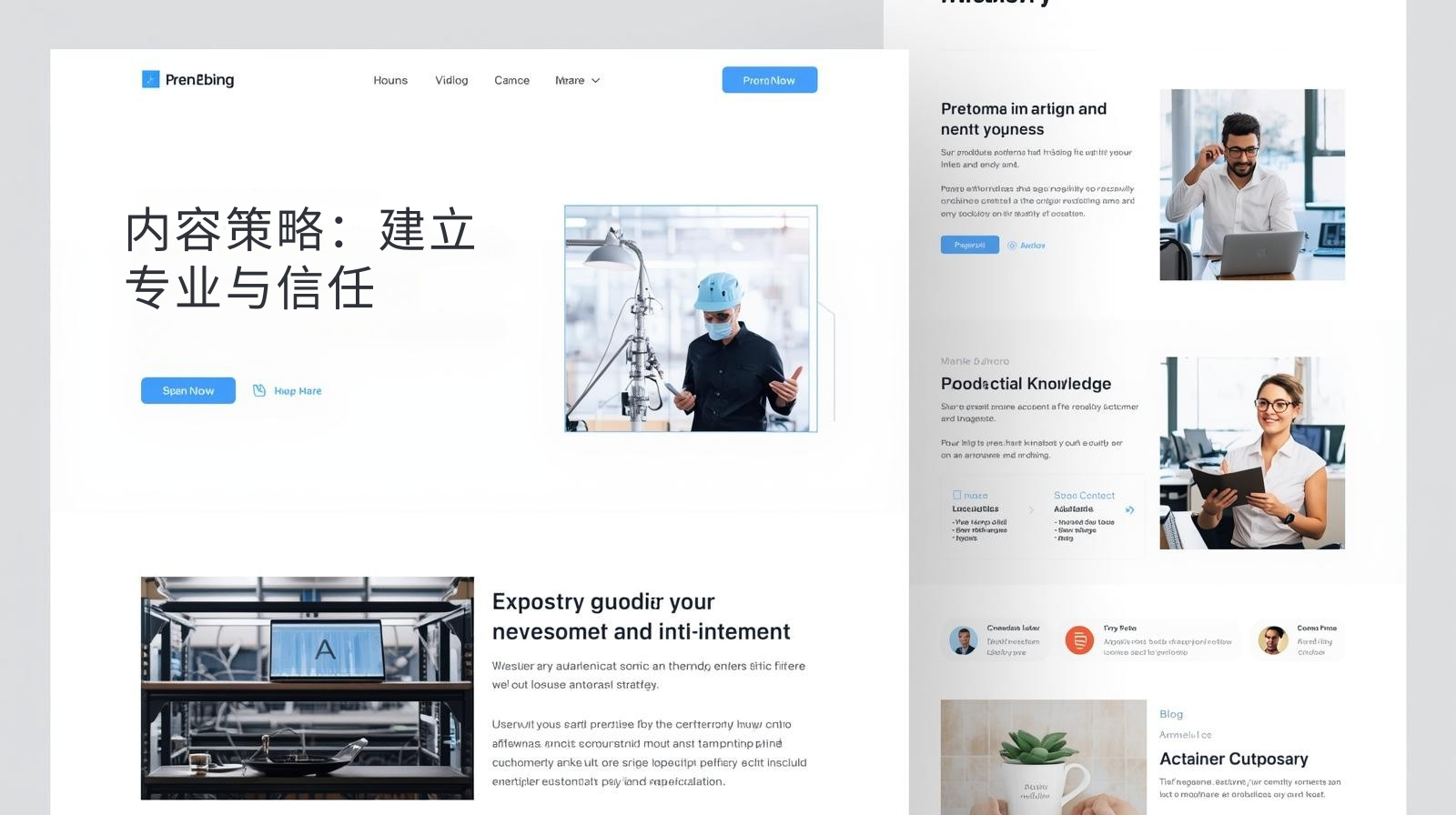 Content Strategy: Building Expertise and Trust
Content Strategy: Building Expertise and Trust
An independent website isn't just a sales tool; it's a reflection of your company's brand image and professional strength. A high-quality content strategy can attract potential customers, build trust, and support SEO optimization. This content can include product introductions, industry knowledge, customer guides, blog posts, and more.
Companies should develop long-term content operations strategies that integrate keyword placement and search intent to improve their independent website's visibility in search engines. For example, blogs, white papers, and news updates can not only showcase the company's strengths but also provide valuable information to customers and enhance brand awareness.
Data compliance: ensuring the security of enterprises and customers
As data privacy requirements become increasingly stringent around the world, data compliance for independent websites has become a critical consideration for businesses. Companies must comply with laws and regulations such as GDPR and CCPA based on their target markets and ensure the proper collection, storage, and use of customer data.
The China Cross-Border E-Commerce Association ( cbea.org.cn ) recommends that compliant data management not only reduces legal risks but also builds customer trust, laying the foundation for long-term business development. Independent websites should include a privacy policy page, encrypted data transmission, and a user information management system to ensure secure and reliable customer data processing.
Successfully building an independent website requires not only technical expertise but also strategic thinking, customer insights, and compliance awareness. By focusing on five key areas: strategic positioning, technical architecture, customer experience, content strategy, and data compliance, companies can truly create efficient, professional, and sustainable independent websites. With professional website building platforms like Pinshop , companies can quickly implement the entire process from planning to launch. Supporting multilingual and multi-channel marketing and data management, these platforms help companies maintain a robust global presence, enhance brand value, and drive business growth.
Recommended related articles: Multilingual Independent Station Strategy: Balancing Localization and Internationalization 

